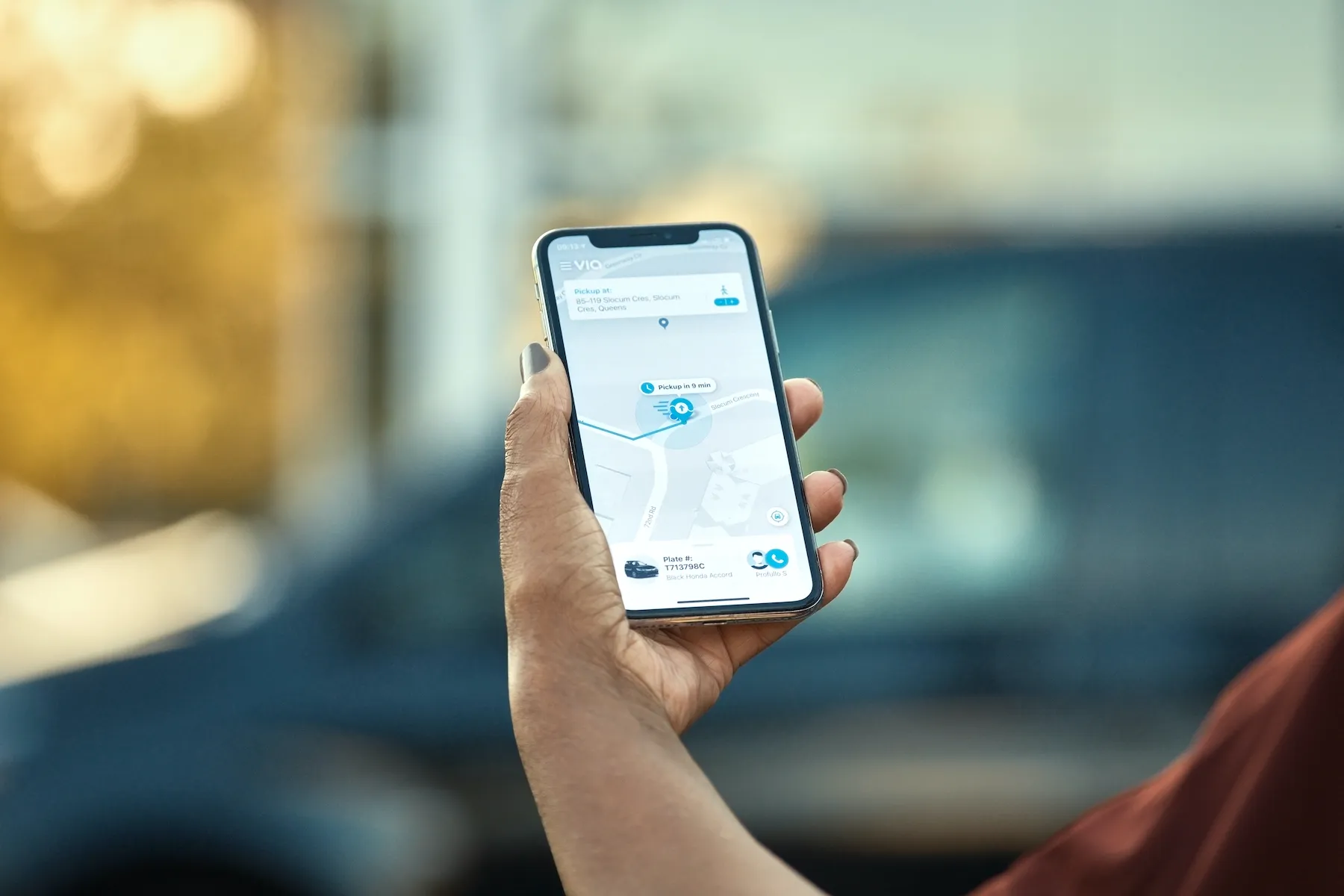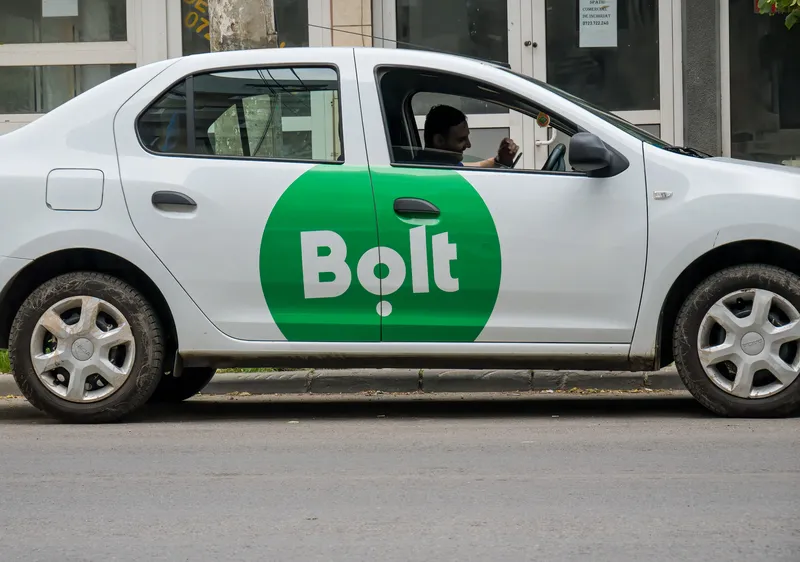
Via has partnered with Septa (Southeastern Pennsylvania Transportation Authority) to provide a free late-night transit service for workers at job sites in Lower Bucks County.
The Septa Owl Link service is aimed at closing the first-and-last mile transit gap, or the distance between an existing transit stop and a destination.
The launch is the first phase of the rollout of an integrated mobility solution powered by Via’s technology platform.
The project will introduce multimodal and intermodal trip planning that will enable passengers to both view and book their entire journey between Septa Owl Link and local bus and train connections.
The new service will operate seven days a week between existing stops on bus routes 14, 56 and 66 and a growing number of local businesses between 10:30pm And 6:00am.
Riders can make reservations access through the Septa Owl Link app or by calling a reservation line.
Trips can be booked up to one week in advance, and no less than 30 minutes prior to the ride.
Via says its technology will direct workers to a nearby 'virtual bus stop' for pick-up, allowing for quick and efficient shared trips.
Septa general manager Leslie S. Richards says: “This on-demand service will help ensure that third-shift workers have safe, reliable and affordable options as they plan for job-related travel. This pilot programme also gives Septa an opportunity to evaluate this type of first-and-last mile service for other locations.”









